Tom Harrison House provides a specialist addiction recovery programme for UK Armed Forces serving personnel, veterans and emergency services personnel.
Our bespoke 12-week residential programme is designed specifically for those who are or have served and who may struggle to engage with mainstream, civilian rehabilitation services.




If you are ex-forces, still serving, a reservist or have been employed in the emergency services and are struggling with alcohol or substance misuse, please reach out and contact us. You’ll be able to speak confidentially with a member of the team about taking your first step into recovery, whatever your current situation.
We provide family members the opportunity, through education and support, to begin their own journey of healing and recovery from the impact of alcohol or drug addiction. If you’re interested in finding out about our Families Support programme, please get in touch.
Extending beyond your completion of our main 12-week programme, our move-on support and reintegration service opens the door to a range of recovery-focused opportunities and activities which will help to embed the positive changes you’ve made during treatment.
Each year, we hold a number of events designed to bring together our community of staff, clients, graduates, volunteers and supporters. These range from themed celebrations, outdoor activities and fundraising days.
Each year, we hold a number of events designed to bring together our community of staff, clients, graduates, volunteers and supporters. These range from themed celebrations, outdoor activities and fundraising days.
Freefall Parachute Fundraiser
London Marathon 2026
THH Veterans' Recovery Roadshows
AFCFT Family Retreats
Women Veterans' Project
Each year, we hold a number of events designed to bring together our community of staff, clients, graduates, volunteers and supporters. These range from themed celebrations, outdoor activities and fundraising days.
Freefall Parachute Fundraiser
London Marathon 2026
THH Veterans' Recovery Roadshows
You can support our work with a one-off or repeating donation securely via the button below.
Every donation we receive makes a massive difference to the project and helps us to continue to provide the best quality care and support to the military veterans, serving personnel, reservists, emergency services personnel and family members who access our service.
For those who need more intensive support, we offer a 12-week residential programme of therapies and activities. The programme, designed in consultation with veterans in recovery and the only one of its kind in the UK, is based upon finding a balance between emotional, physical and mental recovery. In the pre-admission stage, we work with all clients to achieve abstinence prior to embarking on the programme.
In a typical week, the community will take part in an art therapy session, practice mindfulness, play football together, participate in equine therapy, work with a personal trainer at the gym, experience a variety of therapeutic and educational groups, support one another in completing recovery assignments and work on their individual recovery and resettlement plans.
The team works closely with partners such as Mersey Care, The Royal British Legion, Liverpool Veterans’ HQ, BNENC, Everton in the Community, Shy Lowen Sanctuary, FACT, Rydal Hall and a host of others to make sure that the programme remains rich and varied and provides experiences that foster openness, exploration and connection.
We work with each client to begin to develop and embed the mindset, resilience and resources, in other words the “recovery capital”, necessary to build a strong, stable and robust ongoing recovery. By providing a supportive community, education, therapies and opportunities for real self-development, the programme works as a foundation for a new life, and not just a way to overcome the immediate issue of physical dependence on drugs or alcohol.
It is through this bespoke model, with an emphasis on the role of co-occurring trauma, safety, confidentiality and camaraderie, as well as reintegration into “civilian” communities, that a community of ex-servicepeople who possess shared experiences, perspectives and resources, is built.
In addition to providing safe and stable abstinent accommodation for the 12 weeks of the Tom Harrison House recovery programme, the Bridge House Project (BHP) operates a successful “move-on” housing scheme for those who have already embarked on their recovery journey but who still require extra support.
The Bridge House Project consists of nine properties, managed and supported by a team of staff who provide staged, individualised aftercare support for both ex-servicepeople and civilians in recovery.
Initially established to provide supported housing to the burgeoning civilian recovery community in the Liverpool area, the Bridge House Project has transformed its service to accommodate the ever-increasing number of veterans who have completed the Tom Harrison House programme and look to continue their development and to maintain a solid recovery.
As such, the Bridge House community is now made up of a mixture of civilian and veteran residents, allowing for deeper integration of our veteran clients into the wider community, while also bringing their skills and resources to bear for the benefit of all residents.
Managed by a highly competent and creative staff team, embedded across THH and BHP, the project operates at three levels of support. Based on the individual need of each client, there are options to live in a staffed house, in a shared house with regular and on-call support visits, or in one of the third stage “move on” houses with a lower level of support, suitable for those who have regained much of their independence.
A range of activities are on offer to residents, including community outings, group cooking sessions, life-skills courses, education, training and mentorship, meals out and film trips. There are also regular support planning, recovery planning and keyworker sessions, as well as optional therapies including EFT (Emotional Freedom Techniques), Individual Counselling and Group Therapy sessions. The project works with each client to determine the most appropriate level of engagement and interaction for them.